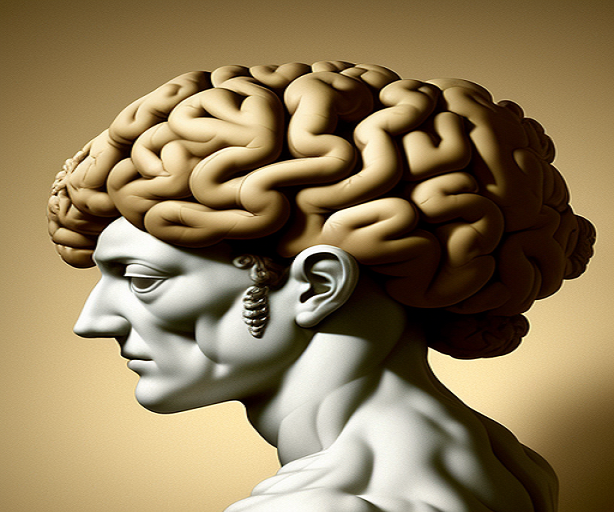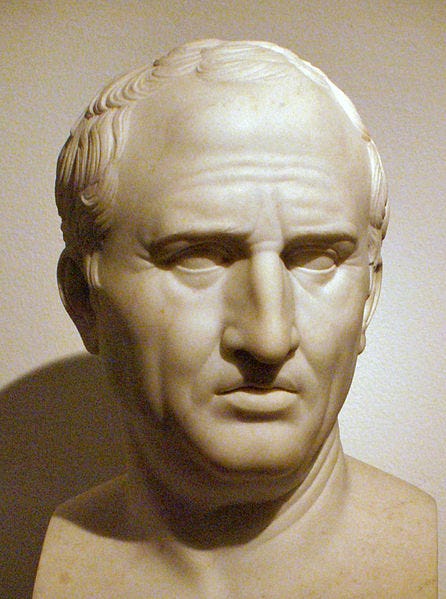# The Fascinating Origins of Memory and Its Impact on Humanity
Written on
Chapter 1: The Viral Roots of Memory
The journey of human memory is both captivating and complex. Research from the University of Copenhagen suggests that our long-term memory function may have originated from a viral protein that infected early ancestors of modern humans millions of years ago.
This idea reshapes our understanding of memory, revealing that it is not merely a contemporary concept, but rather a trait deeply rooted in our evolutionary history.
In today’s fast-paced world, memory often takes a backseat, overshadowed by the digital devices we rely on. For instance, how often do you find yourself resorting to Google to recall the name of an actor during a conversation? This reliance is a common experience, highlighting how our memories are frequently supplemented by technology.
We often only consider memory when it's compromised, invoking fears associated with conditions like Alzheimer's and dementia. The thought of losing such a vital aspect of our identity is unsettling, akin to navigating a ship without a rudder.
Unlike today’s reliance on digital information, premodern societies revered memory as an essential skill, one that was actively nurtured.
Section 1.1: Neurons and Viral Influence
Recent scientific studies have started to unravel the deeper origins of memory. According to Christian Parsbæk Pedersen, a doctoral student at the University of Copenhagen, a viral infection may have played a crucial role in our memory capabilities.
In their research, Pedersen and colleagues examined the Activity-Regulated Cytoskeleton-Associated protein (Arc), which is pivotal for memory consolidation. Their findings suggest that Arc not only resembles certain viral proteins but may have evolved from an ancient virus that infected a precursor to mammals.
Remarkably, this protein’s characteristics allow it to form structures similar to viral capsids, facilitating intercellular communication akin to that seen in retroviruses like HIV. The implication here is profound: Our memory systems may be partially derived from viral origins that date back millions of years.

Section 1.2: Historical Perspectives on Memory
The significance of memory has been recognized since ancient civilizations. Early medical texts from Ancient Egypt demonstrate a sophisticated understanding of the brain’s anatomy and its functions.
These texts not only discuss the brain but also indicate knowledge of how brain damage could affect speech and bodily control.
In contrast, while the Romans didn’t delve as deeply into anatomical studies, they placed immense value on memory, particularly in rhetoric and public speaking. Bettina Bergmann highlights that for the educated Roman, honing memory was essential for effective communication in a largely illiterate society.
The concept of the "memory palace," a mnemonic technique described by Cicero, illustrates how Romans utilized spatial visualization to enhance recall. They would mentally place information in familiar locations within their homes, linking memory with personal space.

Chapter 2: The Dual Nature of Memory
The exploration of memory also reveals its darker sides. For instance, Jill Price, a woman with a rare condition known as hyperthymesia, can recall nearly every day of her life since adolescence. While this might seem like a gift, Price describes it as a burden, as the emotional weight of her memories can be overwhelming.
This video delves into how an ancient virus may have influenced our ability to remember, exploring the intersection of memory and evolution.
Continuing this exploration, another video examines the implications of a common virus that can lead to memory loss, shedding light on the complexities of our cognitive functions.
As we navigate the modern world, our relationship with memory continues to evolve, often overshadowed by the devices we use for information retrieval.
This reliance on technology may lead to a decline in our natural memory skills, creating a paradox where we possess vast information but struggle to recall personal experiences.
The future of memory may hold unforeseen challenges, reminiscent of the viral origins of our cognitive abilities. As we ponder the implications of these findings, we must consider the value of nurturing our memories in a digital age.
If you’re interested in exploring more about this topic, consider subscribing to my mailing list. Joining Medium can also provide access to a wealth of other insightful writings, worth the small monthly fee. Be sure to check out my Substack for more engaging stories!